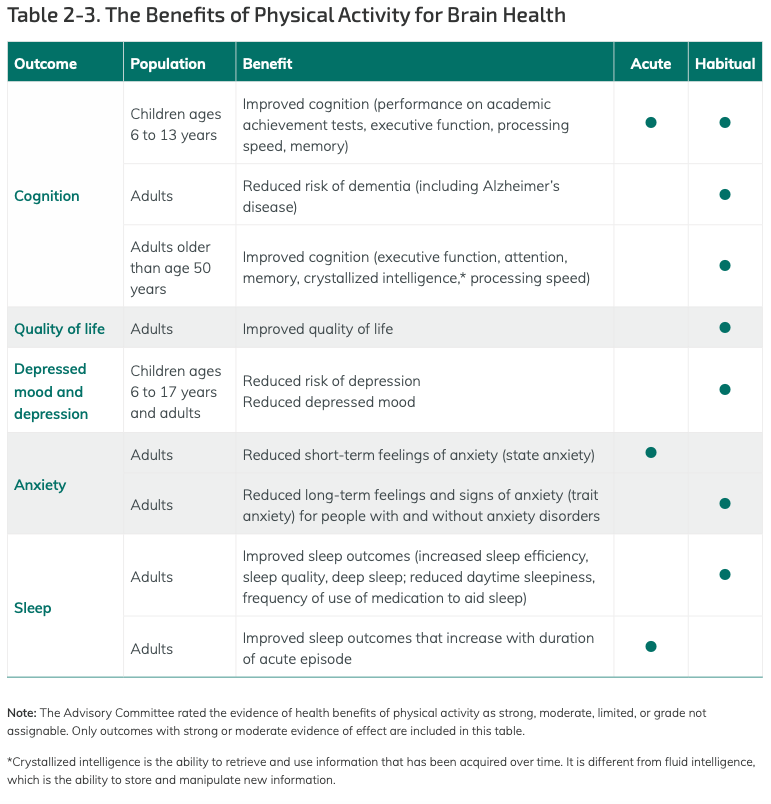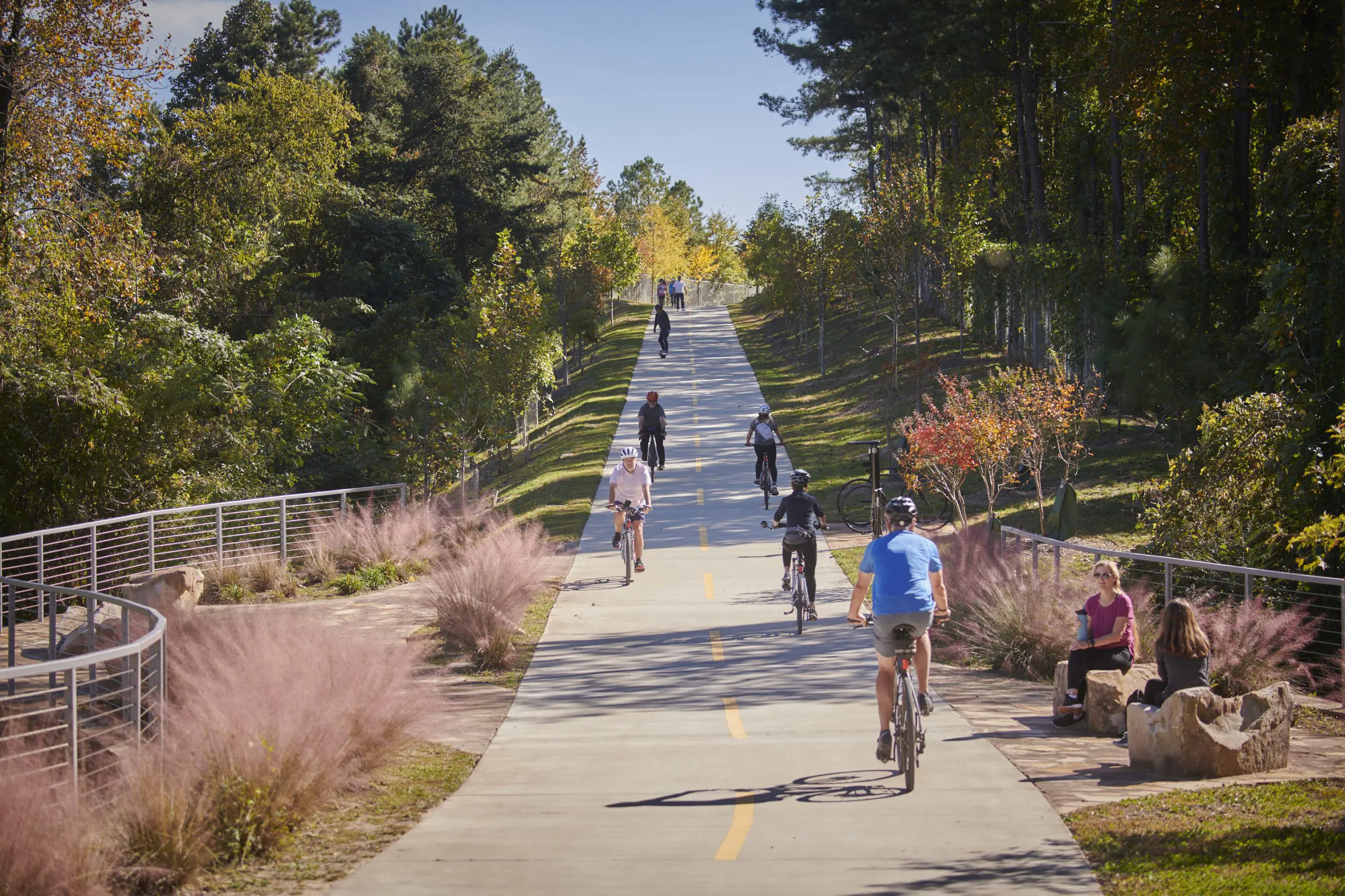Everywhere you look these days it seems you can find a quick, easy option for anything you need or want. Need a meal? Have someone deliver it to your doorstep through an app. Want to watch a movie? Stream it on your tv, laptop, or even your phone.
What if there was an easy way to positively impact your physical and mental health in the amount of time it takes to find the next show to watch on your favorite streaming service? There is! Bicycling just 15-20 minutes per day can improve your physical health, quality of life, and mental well-being.
Get fit, but be easy on the joints
Biking is a great option for all ages because it can be done at your own pace, and it is easier on your joints than other forms of cardiovascular exercise, like running or walking. When riding, the bike bears the weight of the rider, and the rider’s joints are not impacted by each step. Biking can also burn calories at a similar rate as running. According to Harvard Health, a person biking between 12-13.9 mph and running 5 mph (12 minute/mile pace) will burn the same amount of calories. Of course, as speed increases, the number of calories burned per minute increases as well.
Live long and prosper
Studies show that moderate intensity cardiovascular exercise, including cycling, for any amount of time per week can improve your health and delay death from all causes, including the two leading causes of death in the United States which are heart disease and certain cancers. According to health.gov, “It has been estimated that people who are physically active for approximately 150 minutes a week have a 33 percent lower risk of all-cause mortality than those who are not physically active.” Not only that, but benefits begin to be seen with any amount of moderate to vigorous intensity physical activity. Even if you can only fit in a 5-10 minute ride, it is better than nothing.
So, any amount of cycling will bring about positive change! Moderate-intensity cycling is defined as bicycling slower than 10 miles per hour on level terrain, while vigorous-intensity cycling is bicycling faster than 10 miles per hour.
Get Your Mind Right
Cycling can also help improve your mental wellbeing, even as quickly as after your first ride. Some immediately felt impacts to brain health after a session of cycling include reduced short-term anxiety, improved sleep, and improved cognitive function. Long term effects of continued cycling on the brain can include improvements in long-term anxiety, deep sleep, and components of executive function. A list of benefits to cycling and other forms of acute (short-term) and habitual (long-term) exercise can be found in the table below.

(Via https://health.gov/sites/default/files/2019-09/Physical_Activity_Guidelines_2nd_edition.pdf)
Improve Community Health
While your cycling habits may not directly impact your neighbor’s fitness, it can lead to cleaner air for everyone around you. In August of 2022 alone, commuter cyclists logging their commutes with Georgia Commute Options decreased greenhouse emissions by nearly 23,000 pounds by biking to work instead of commuting in their cars alone (not to mention they burned nearly a million calories). And that was with an average trip distance of just four miles. Imagine if they made that change on a permanent basis; that would be 276,000 pounds of car emissions we all get to avoid each year. Recent research points to the real dangers associated with car emissions, making these collective impacts all the more important for us all.
By substituting your bike for a car for that short trip to the grocery store or to go see a friend, you can make a difference to the air quality in your neighborhood, which in turn makes the air cleaner and safer for everyone.
(Header image via PATH Foundation)
